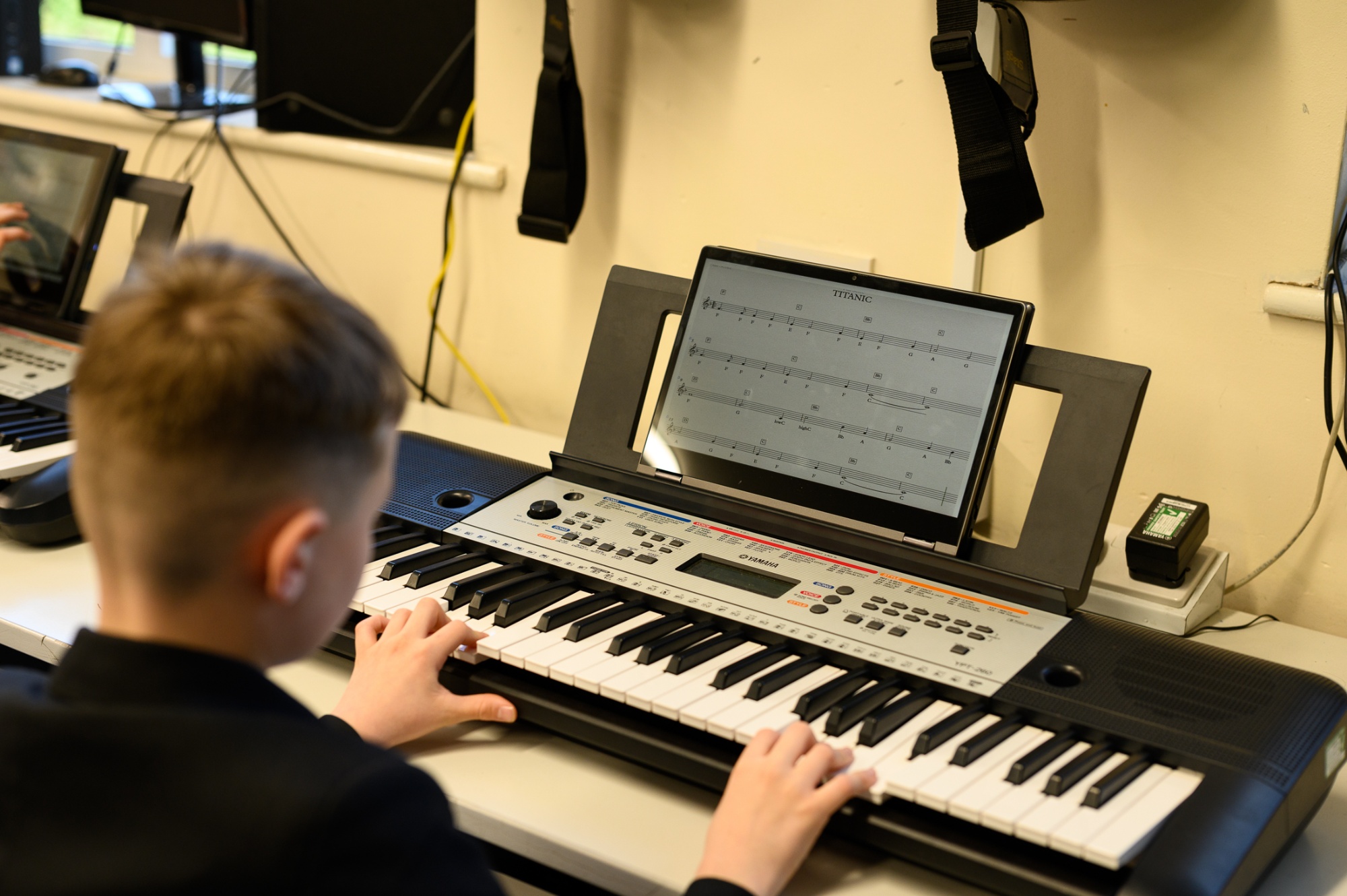AI and Global Futurism
Shape Tomorrow
Are you fascinated by the future? Do you dream of building intelligent machines or shaping the world to come?
The fields of Artificial Intelligence (AI) and Global Futurism are exploding with opportunities, offering students like you the chance to be at the forefront of innovation. Imagine developing AI that cures diseases, designing sustainable cities, or predicting global trends to prevent crises. Your journey starts here!
What are AI and Global Futurism?
- Artificial Intelligence (AI): The science of creating intelligent machines capable of performing tasks that typically require human intelligence, such as learning, problem-solving, and decision-making. Think self-driving cars, personalised healthcare, and advanced robotics.
- Global Futurism: The study of emerging trends and technologies to anticipate and shape the future of society, addressing challenges like climate change, resource scarcity, and technological disruption. It's about envisioning and creating a better future for everyone.
Why are these fields important?
- Solving Global Challenges: AI and Futurism offer powerful tools to tackle pressing issues like climate change, poverty, and disease.
- Driving Innovation: These fields are constantly evolving, leading to groundbreaking discoveries and technological advancements.
- Creating New Opportunities: The demand for AI and Futurism professionals is skyrocketing, offering diverse and rewarding career paths.
- Shaping the Future: You can be part of building a more sustainable, equitable, and technologically advanced world.
Career Paths in AI:
- Machine Learning Engineer: Develop algorithms that enable computers to learn from data.
- AI Researcher: Explore new frontiers in AI, pushing the boundaries of what's possible.
- Data Scientist: Analyse large datasets to extract insights and inform decision-making.
- AI Ethics Specialist: Ensure AI is developed and used responsibly and ethically.
- Robotics Engineer: Design and build intelligent robots for various applications.
- Natural Language Processing (NLP) Engineer: Create systems that understand and generate human language.
- Computer Vision Engineer: Develop systems that can "see" and interpret images and videos.
Career Paths in Global Futurism:
- Foresight Analyst: Identify and analyse emerging trends to predict future scenarios.
- Policy Advisor: Develop policies to address future challenges and opportunities.
- Urban Planner: Design sustainable and resilient cities for the future.
- Sustainability Consultant: Help organisations adopt environmentally responsible practices.
- Technology Strategist: Advise organisations on how to leverage emerging technologies.
- Social Innovator: Develop solutions to address social and environmental problems.
Skills You Will Need:
- Strong Analytical and Problem-Solving Skills: The ability to break down complex problems and find creative solutions.
- Mathematical and Computational Skills: A solid foundation in mathematics, statistics, and programming.
- Critical Thinking and Creativity: The ability to think outside the box and generate innovative ideas.
- Communication and Collaboration Skills: The ability to effectively communicate complex ideas and work in teams.
- Ethical Awareness: A strong understanding of the ethical implications of AI and emerging technologies.
- Adaptability and Lifelong Learning: A willingness to learn new skills and adapt to a rapidly changing world.
How to Get Started:
- Take Relevant Courses: Focus on subjects like computer science, mathematics, statistics, data science, and social sciences.
- Learn to Code: Master programming languages like Python, R, or Java.
- Build Projects: Develop your own AI or Futurism projects to gain practical experience.
- Join Clubs and Communities: Connect with other students and professionals in the field.
- Attend Workshops and Conferences: Stay up-to-date on the latest trends and technologies.
- Seek Internships: Gain real-world experience in AI or Futurism-related organisations.
- Read and Research: Stay informed about the latest developments in these fields.






